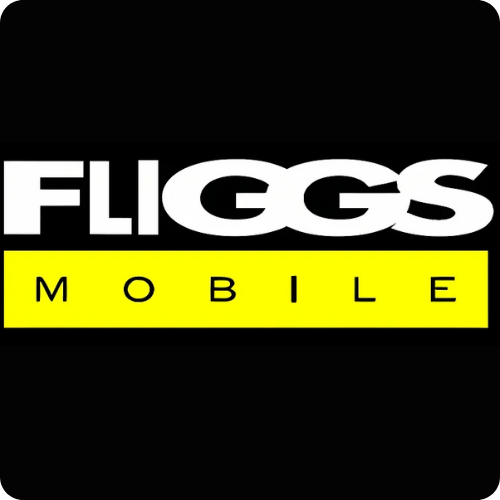
HashPack
HashPack is a leading non-custodial wallet specifically designed for the Hedera Hashgraph network. It provides integrated interaction with the HBAR and Hedera Token Service (HTS) tokens, as well as with non-fungible tokens (NFTs) and decentralized applications (DApps) within the Hedera ecosystem.
It is available as a browser extension (with support for Chrome), a desktop application supporting Windows/Mac, and mobile apps for iOS and Android. HashPack offers a suite of features tailored for Hedera users including native HBAR staking, an in-wallet NFT gallery, multi-account support, and address books. Security is a key focus of the HashPack wallet, with users retaining full control of their private keys which remain encrypted on their devices. It also supports integration with hardware wallets such as Ledger and D'CENT for added security and offers biometric security features on its mobile apps.
HashPack facilitates interaction within the Hedera ecosystem through its DApp browser, connecting users to DeFi protocols, NFT marketplaces, and other decentralized applications and supports in-wallet swaps via integrations with decentralized exchanges on Hedera, such as SaucerSwap.
Project Information
Related Projects

Fliggs Mobile is a digital-first, Web3-enabled mobile virtual network operator (MVNO) that aims to bridge the gap between telecommunications and financial services. Its core service is providing flexible, no-contract mobile plans that run on T-Mobile's nationwide 5G network. These plans, managed entirely through the Fliggs Mobile app, include features such as eSIM activation, international roaming passes, and data boosters.
It also features Web3 integration features including a non-custodial digital wallet built into the app. This wallet enables a loyalty program that rewards users with monthly cashback in Bitcoin or USDC on their service fees.
Fliggs Mobile is built on Hedera's distributed ledger technology, which is used to issue a Decentralised ID (DID) to every user upon activation. This gives customers sovereign control over their digital identity and personal data. The non-custodial wallet also leverages Hedera for its security and functionality, enabling secure cryptocurrency payments and the management of rewards. This integration is supported by The Hashgraph Association, which has provided both funding and technical support to pioneer this convergence of telecom services and decentralised technology.
.png)
Cofra Holding is a privately owned global enterprise headquartered in Switzerland. Its portfolio spans several key sectors, managing a range of prominent businesses. These include C&A, a major international fashion retailer; Redevco, a real estate investment management company focused on sustainable urban properties; and Sunrock, a leader in developing large-scale solar energy projects. Cofra also maintains significant investments in sustainable food through the Arrobas Group and in private equity via Bregal.
Cofra joined the Hedera Governing Council in 2023. As a council member, Cofra operates a node and actively participates in the network's governance. The company actively leverages this position to explore the application of distributed ledger technology to enhance its core business functions. Key areas of interest include improving supply chain transparency across its retail and food businesses and investigating the tokenization of assets within its real estate and energy portfolios. This strategic involvement allows Cofra to pioneer DLT solutions that align with its sustainability and operational efficiency goals.

Headstarter is a decentralized fundraising platform and launchpad built exclusively for the Hedera network. Its primary purpose is to accelerate the growth of the Hedera ecosystem by providing a secure and streamlined environment for new projects to raise capital and build an initial community.
The platform operates on a tier-based system centered around its native token, $HST. To gain access to token sales, prospective investors are required to stake a certain amount of $HST, which places them into different tiers. These tiers determine the size of the allocation a user is guaranteed in an upcoming IDO, with higher amounts of staked tokens granting access to larger investment opportunities. This model creates utility and sustained demand for the $HST token while ensuring a fair and organized capital-raising process.
For projects, Headstarter provides an end-to-end solution for launching a token, handling the technical complexities of the sale and providing access to an engaged community from day one. For investors, it offers a vetted and secure venue to discover and support promising, early-stage Hedera-native projects.

Onchain Custodian is a centralized exchange headquartered in Singapore. It specializes in providing secure and compliant digital asset custody services tailored primarily for institutional clients including entities such as investment funds, family offices, and other financial institutions managing significant digital asset portfolios.
The core of Onchain Custodian's offering is a global, standardized, and resilient service focused on security, convenience, and regulatory adherence. Their solutions incorporate multi-signature wallets and advanced security protocols.
Onchain Custodian has previously partnered with firms such as IBM, Merkle Science and Accuity to enhance its compliance and transaction monitoring capabilities. As well as platforms including Apifiny and exchanges such as KuCoin and CyberBank. Additionally, it has provided custodian services for tokenization platforms such as Polymath.
It has also collaborated with PixelPlex to secure wealth management tools, CACHE for custody services related to gold-backed tokens, and secured partnerships with multiple blockchain ecosystems including Hedera, Neo, Ontology, and Zilliqa.
